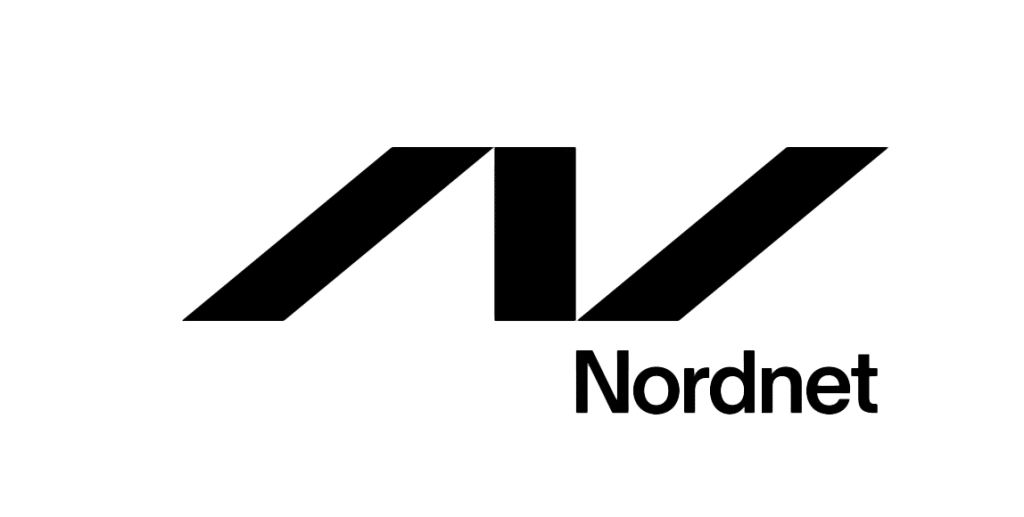I recently read that the latest changes to the BSU (saving account for property buys) meant that many young people chose to drop BSU to save in funds instead. And although I personally have nothing to say about this, I felt that it was appropriate to investigate whether BSU or funds are what you should save in in the future.
Even with the tax deduction halved in 2024, BSU has a high interest rate and is still preferred if you do not already own a home and will use the money for housing. The reason is that saving in mutual funds has a downside risk, while BSU gives predictable, high interest plus a tax deduction of 10 per cent of the annual amount deposited.
That said, there are cases where funds may be a better choice. There are a number of factors that we must include in the answer, such as your age, the ceiling on your savings, whether you already have a home and so on.
And we will look at this in more detail in the article.
Further on this page you can therefore read more about the various savings methods, and see which of them suits your life situation and savings plan.
Let's start with...
BSU (Property saving account for youths)

Let's do the first thing first: For the vast majority of people who are not already on the housing market, saving in BSU will still be beneficial.
I myself worked in a bank for a period, and had you asked my colleagues , you would probably get a unanimous opinion that BSU is the best alternative, if you have a taxable income and are under 34 years of age.
Boligsparing for Ungdom has been the most profitable and risk-free form of savings that young people have access to. The interest rate is high and you also get a 10 per cent tax deduction on the amount saved annually - if you don't already have a home.
But the halving from the previous 20 percent has definitely made the BSU account worse than before.
Nevertheless: the tax deduction means that you get around 10 per cent extra in interest each year, which is still good!
Especially if you still have many years left in your housing savings. That means you have plenty of time to fill up the BSU account and take maximum benefit from interest and tax deductions in the years to come. And who knows – maybe the deduction will go back to 20 percent in a few years' time?
You can save in BSU and get all the benefits until the year you turn 33. You can save a maximum of NOK 300,000 in total and NOK 27,500 annually (from 2024). The money at BSU must be used to buy housing. If not, tax credits must be repaid.
What about after you have bought a home then?
If you already own a home, the situation may be somewhat different. Then you lose the good tax deduction, and thus a large portion of the return.
And thus the alternative we will look at in more detail below can quickly become more relevant.
Funds

If you ask me, BSU used to be an obvious first choice if you wanted to save for housing, as the tax deduction and interest quickly got you a 20 percent annual risk-free return. the alternative we will look at in more detail below may quickly become more relevant.
It is a return that few funds can match - and in any case not without risk!
But is BSU still a clear first choice?
Equity funds are also a form of savings that is well suited for housing savings - if you have a few years before you buy. Mutual fund savings are normally the most profitable form of savings for people who want to invest their money without having to learn about share investing themselves.

Get started with investing at Nordnet
I recommend Nordnet because of their large selection of shares and funds, low fees, good learning resources + free access to the share forum Shareville (ad).
If you save for 5-10 years, then you can count on an annual average return of between 5-10 per cent in funds, depending on the fund you choose.
Du kan lese mer om forskjellene mellom aktive fond og indeksfond i denne artikkelen
Saving in funds generally has a greater upside than BSU, since you can save as long as you want, without a ceiling of NOK 300.00. And if times are good and the economy is doing well, you can really see the money grow quickly.
But again: with funds, unfortunately, you also have the option of losing money. And especially if you don't really have the opportunity to leave the money for a minus period, you should rather prioritize BSU.
So, should you save in BSU or funds from 2024?
Yes, savings in BSU still have some advantages over fund savings - especially if you have plenty of time to save, have taxable income and do not already own a home.
That's why I would:
- Save the total annual amount in BSU to get tax deductions and high interest
- Save further in funds after you have topped up your BSU account for the year, and after you have reached BSU's maximum limit of NOK 300,000
After you have filled up the BSU account completely, or if you manage to save more than the 27,500 kroner each year, you can, for example, continue saving in an index fund, which has no annual restrictions or ceilings in terms of deposits.
Read also: shares for beginners: a great guide to investing in shares and fund
Best place to start fund savings: Nordnet
I recommend that you check out Nordnet if you want to save in funds and want a large selection of funds to choose from, good customer service and low fees.

Get started with investing at Nordnet
I recommend Nordnet because of their large selection of shares and funds, low fees, good learning resources + free access to the share forum Shareville (ad).





